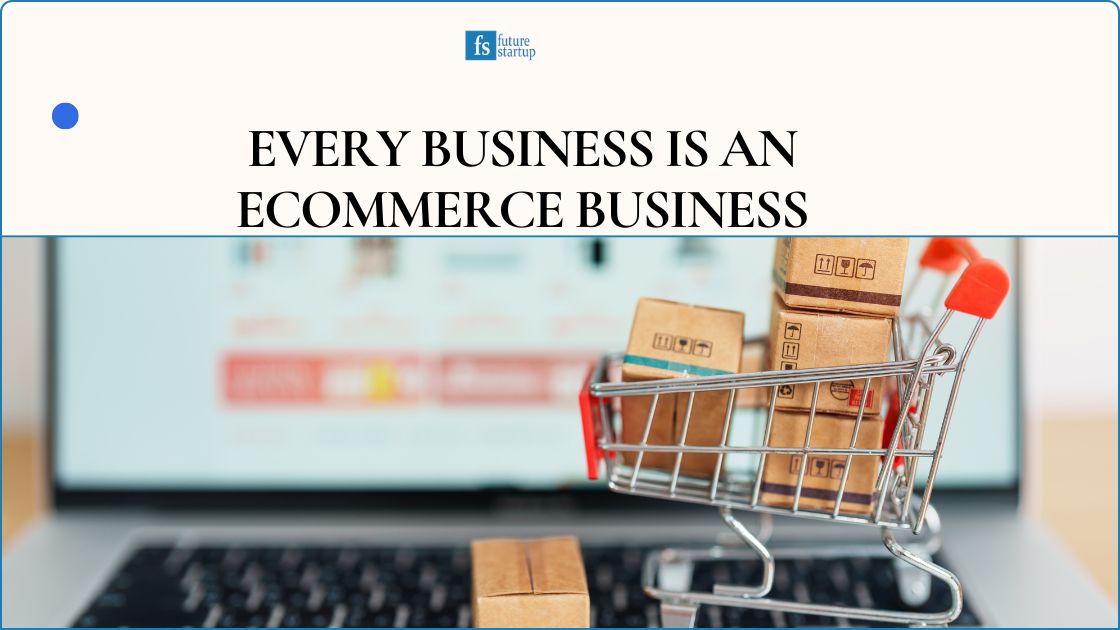
This is what I have observed to be a slowly unfolding trend over the past years. I know this is not a making of a year. The shift has been taking place under the surface for a long time. But it has become materially visible in the last one year with a growing number of companies from across verticals coming to launch some form of ecommerce efforts. Ecommerce is basically selling things online taking advantage of the direct-to-consumer opportunity that online provides to any company that wants to build a direct relationship with customers.
The Internet enables aggregation. That is why we have companies like Google, Facebook, and Amazon.
At the same time, the internet empowers the niche. That is why Joe Rogan runs one of the biggest video shows on the internet, Maria Popova runs a blog with millions of followers, and thousands of powerful companies operate in various verticals that serve a small niche.
Apart from aggregation and the empowerment of niches, the internet allows convergence. Integration on the internet is simpler than in the physical world. No-code solutions and third-party solutions for logistics and warehousing have made launching a new service ever easier.
The fragmentation of ecommerce that we are seeing today is driven by these forces at large. A growing number of companies come to see that there is an opportunity where they could sell directly to their customers and are doing it.
The latest example of this trend is YouTube. A recent report by Bloomberg suggests that the largest video streaming platform on the internet is considering integrating ecommerce into its platform, which means when you are watching an ad while watching a YouTube video, you can click and buy the product without leaving the platform, and/or people who make product videos can sell the products directly from YouTube.
Dominant internet platforms have been finding new ways to exploit their market position for a long time. Facebook has launched multiple initiatives around commerce. The social media giant has recently launched an initiative called Marketplace where small businesses can sell and users can buy directly on Facebook. YouTube joining the wave means we are still at the early stage of commerce on the internet.
Similarly, offline retail brands have also been actively pursuing their own ecommerce strategies. In Bangladesh, we have seen companies like MGI, Unilever Bangladesh, and a host of others pursue a multichannel ecommerce strategy.
The other type is companies that apparently are not in the space of commerce. For example, BuzzFeed is getting strongly into ecommerce. BuzzFeed has been doing a variety of things around commerce from selling designer products to opening branded retail shops. In Dhaka, we have a travel blogging site Adar Bepari selling designer t-shirts and maternity-related content sites selling pregnancy and baby-related products. This trend is only going to amplify in the coming days.
1/ In the coming days, increasingly companies will break boundaries and go beyond their regular pattern. Expect more content platforms to jump into selling things directly to their customers. In fact, almost all kinds of online players will test the water of ecommerce in the coming years using ready-to-use platforms such as Squarespace or Shopify, digital payment services, and third-party logistics solutions. Adding an ecommerce operation for a content platform or other digital players is not that difficult. You can use third-party manufacturers for making your product, use digital payment for payment, and hire a third-party logistics service to do the logistics.
2/ YouTube and Facebook coming into e-commerce will create some competitive pressures on the large ecommerce players. This will manifest in three ways:
3/ Small players tiptoeing into ecommerce is unlikely to create any major competitive pressures on big ecommerce companies. However, every niche has power. And some niches are quite sizable too.
This offers an optimistic outlook regarding the future of technology: we are just getting started on the internet, and there are many more things to build.
Originally published on October 18, 2020. Updated on February 27, 2025.
Photo by Charles Deluvio on Unsplash
